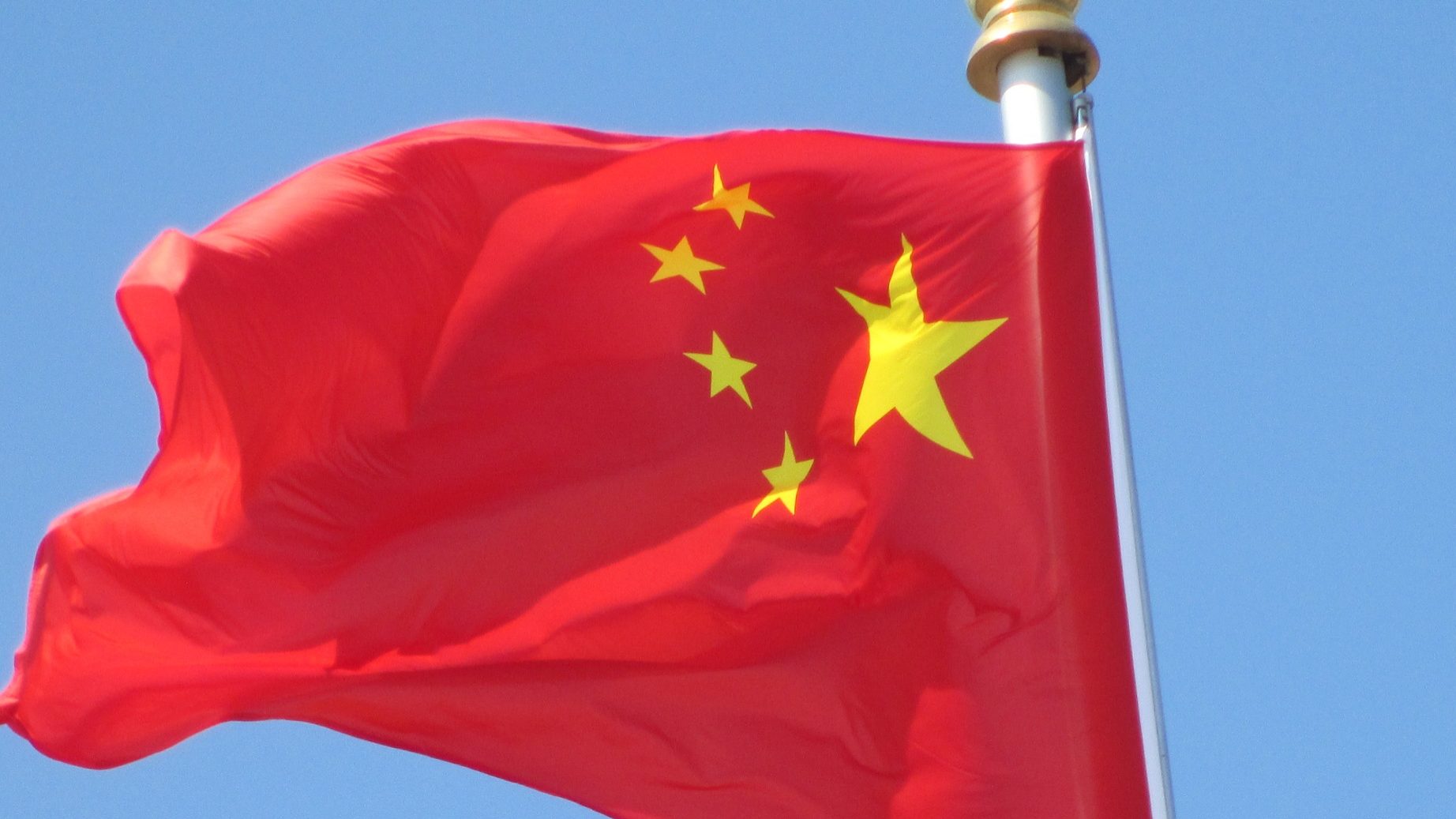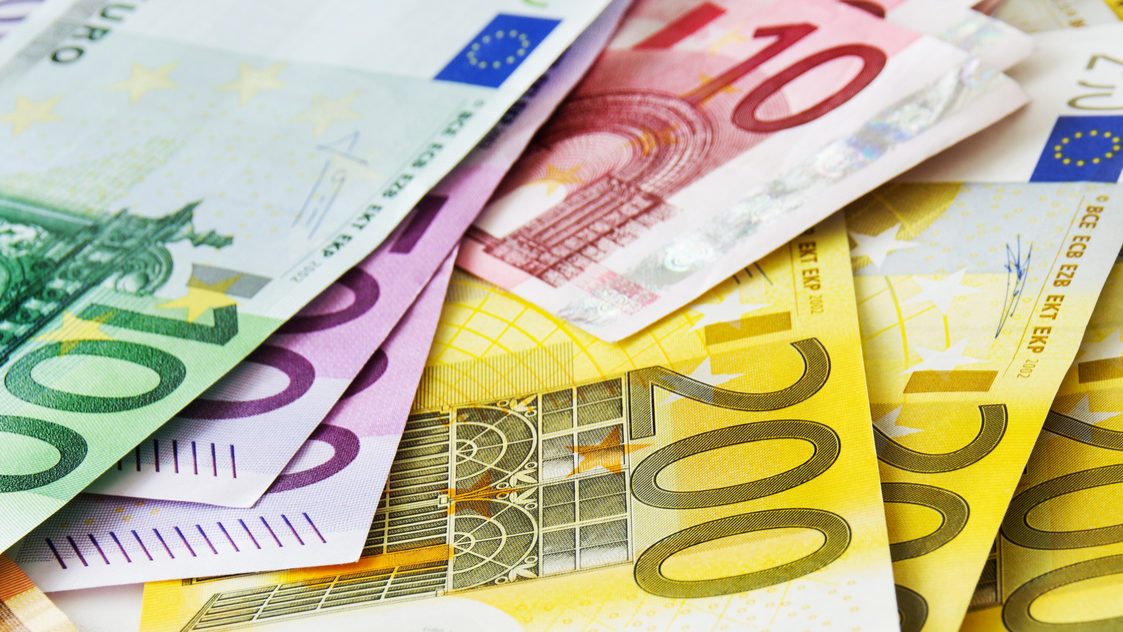Portugal prepares regulation of dark stores
The legal regime for commerce, services and restaurants will be revised in order to adapt legislation to new realities such as the dark stores, reveals the Secretary of State for Commerce.
These are shops or small warehouses, typically in urban centres, where no customers enter and which serve only as logistical warehouses for online commerce. The so-called dark stores grew during the pandemic, following the boom in internet shopping and delivery platforms. Now they will be subject to regulation by the Portuguese government, according to the Secretary of State for Commerce, Services and Consumer Protection.
The announcement was made by João Torres during a debate organised by the Retail and Restaurant Brands Association, led by Miguel Pina Martins. The government is working “on the revision of the legal regime regarding commerce, services and restaurant activities, so that we can update our legislation and conform it to current times and to new realities of commerce that surround us today and that are not always so visible, such as the case of dark stores or other warehouse logistics points”, he said. Realities that in his view “deserve a different legislative recognition and approach.”
For João Torres, these new formats are “also proof of the dynamism and permanent evolution of these sectors, both in terms of retail and restaurants”. The new regime “will be subject to public consultation and wide discussion”, assured the governor.
Over the coming months, there will be other changes in legislation, namely with the transposition of EU legislation. “We are approaching the deadline for the transposition of the ‘Omnibus Directive’, which is more related to consumer protection. We are working on the transposition and it will have consequences from a trade point of view,” explained the Secretary of State.
“At a very early stage of discussion are the issues at the digital level, the Digital Services Act Package, a legislative package composed of at least two pieces: the Digital Services Act, and the Digital Markets Act and that will have a very profound impact on economic activities in general”, added João Torres, recalling that it was in the context of the Portuguese presidency of the EU that the dialogue on these legislative initiatives began.


